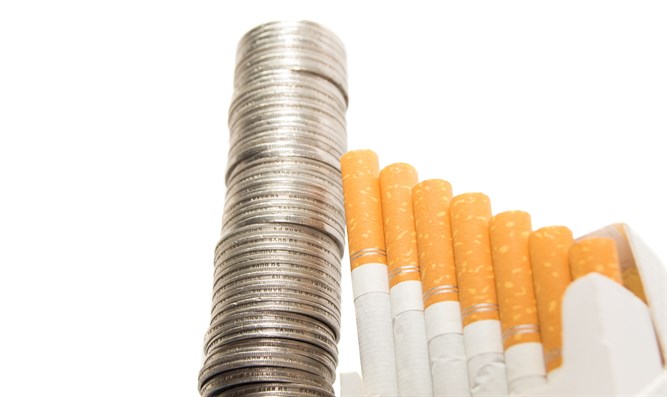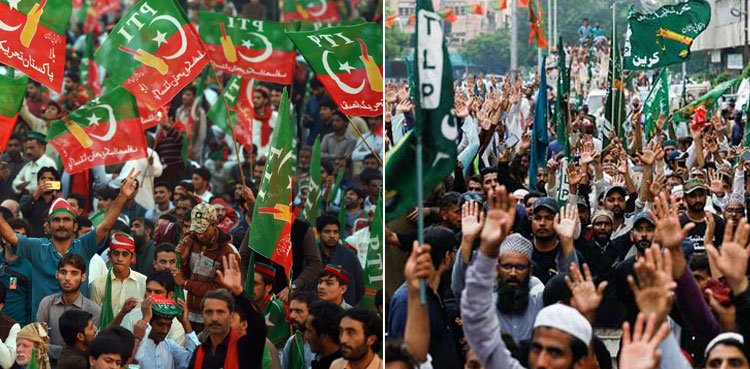NEWS DESK
ISLAMABAD: The Society for the Protection of the Rights of the Child (SPARC) organized a discussion to highlight Tobacco Taxation as A Potential Remedy to Pakistan’s Ailing Economy, on Wednesday at a local hotel in Islamabad.
Mr. Khalil Ahmed Dogar, Program Manager, SPARC said that Pakistan is at a crossroads at the moment where sound decision-making is required. The deficit faced by national exchequer requires immediate attention of the policymakers however it should be pro-people. Randomly increasing the prices of essential items is not going to help the country in longer run. Government should increase taxes on nonessential and hazardous items such as tobacco products as this will generate revenues and reduce health costs as well.
He added that in theory the decision of imposing higher taxes on tobacco products should be straight forward. However mislead by the extensive campaigns by the tobacco industry, Pakistan’s policymakers haven’t taken any serious interest in this regard and tobacco products are being sold at lower rates compared to other countries in the region. Due to easy and cheap affordability, number of smokers has reached up to 29 million, alluring non-communicable diseases like cancer, diabetes, heart disease, stroke, and chronic lung diseases.
He further added that in Pakistan yearly, 170,000 people die due to tobacco consumption.
Mr. Khalil Ahmed Dogar further added that tobacco use has direct and indirect effects on children’s health. Daily 1200 children initiate smoking. Increasing tobacco taxes will bring this number down. Raising taxation on tobacco is the most suitable measure of reducing tobacco use and associated health risks, especially among low-income populations.
Mr. Shariq Mahmood Khan, CEO, Chromatic Trust highlighted that the use of tobacco causes annual an economic burden of 615 billion which is 1.6% of Pakistan’s GDP. This leads to significant negative externalities, including high healthcare costs and lost productivity due to tobacco-attributable diseases. On the other hand, the revenue generated from the tobacco industry is 120 billion in 2019 is approximately just 20 percent of smoking’s total cost.
He stressed that the health and economic costs of tobacco use are more than five times the tax receipts, even though the tobacco industry is a major taxpayer in absolute terms, the tax contribution of the tobacco industry is a small fraction of what tobacco consumption costs the government and society.
Dr. Ziauddin Islam,Country Lead of tobacco control Pakistan for Vital Strategies, said that tobacco taxes are the most cost-effective tobacco control measure. Evidence suggests that higher cigarette taxes deter smoking initiation, reduce cigarette consumption, and even lead smokers to quit. He added that the tobacco taxation didn’t interest the previous government. It’s a golden opportunity for the sitting govt. provide remedy to the people and the economy. He suggested new govt. should increase FED on Tobacco Products by 30% as per WHO recommendation to generate additional revenue that can be used for the well-being of people.








